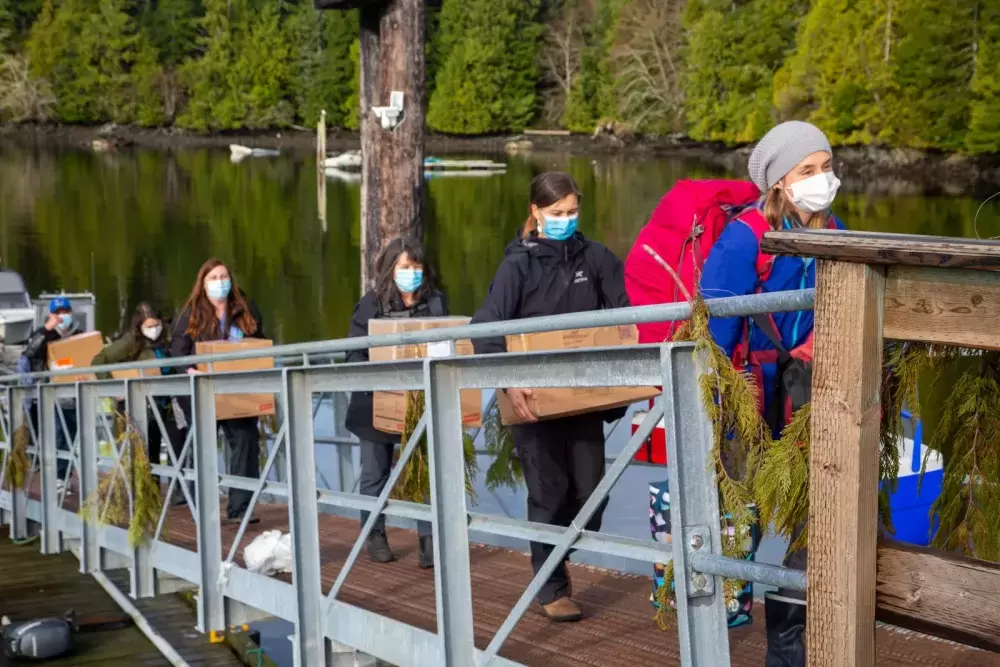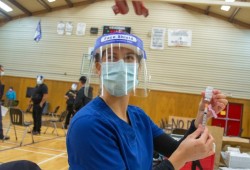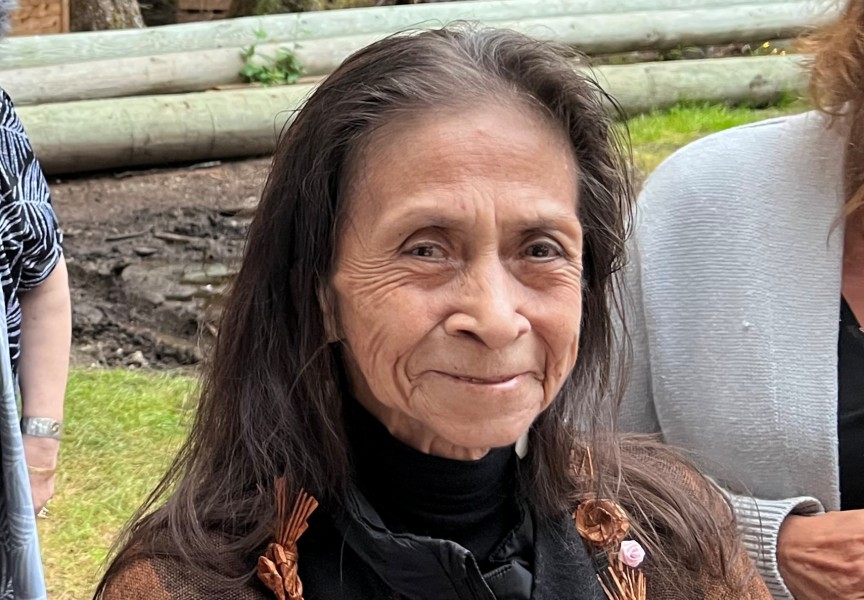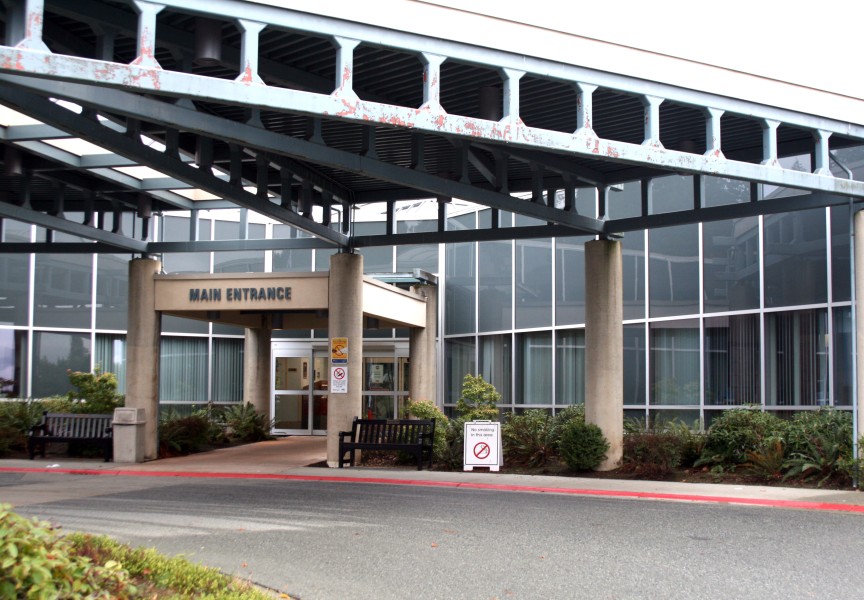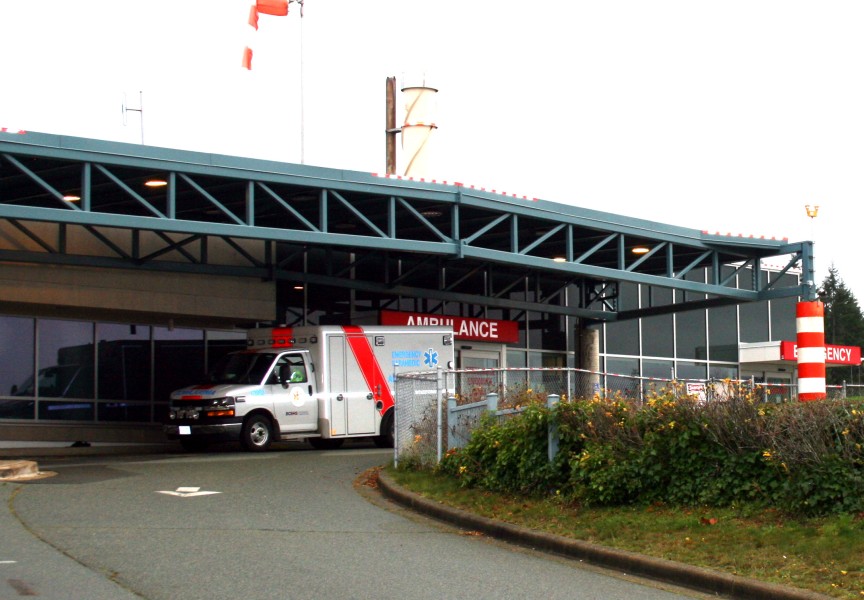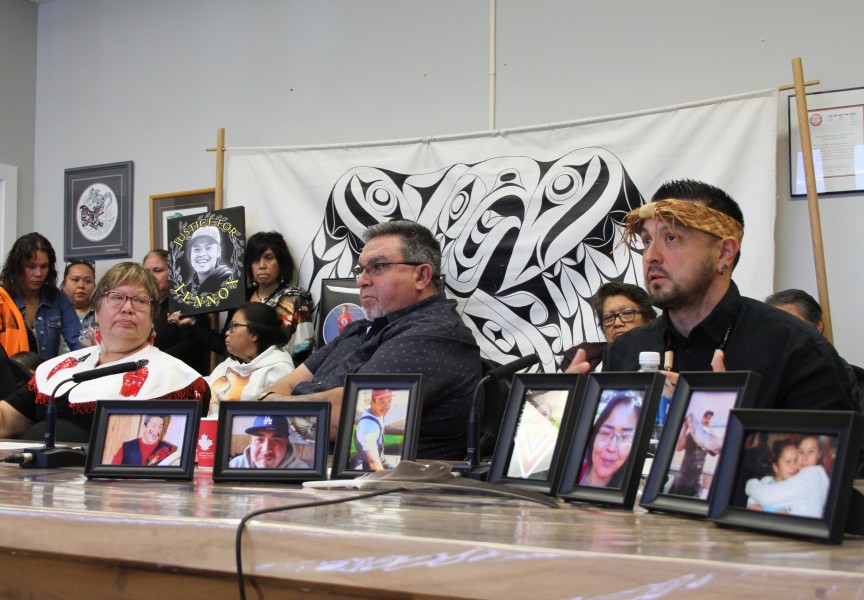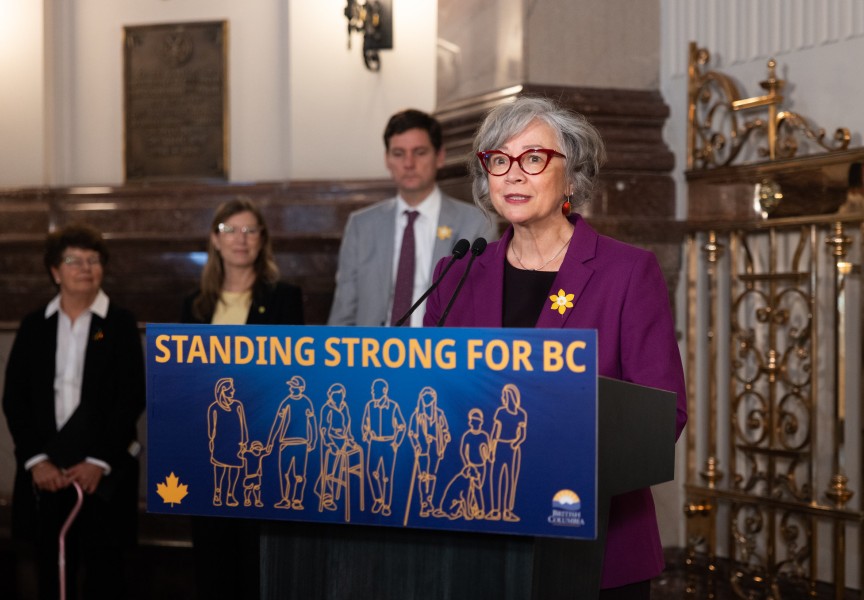Meanwhile on the west coast of Vancouver Island, the nurses who have shouldered the last two years of a pandemic remain committed to their close relationships with Nuu-chah-nulth communities, despite building stress and fatigue.
The worldwide COVID-19 pandemic is being blamed in part for the nation-wide nursing shortage. According to the Canadian Federation of Nurses Union, nurses are burning out in record numbers.
“Those left behind work endless shifts and are hanging on by a thread after 22 grueling months on the front lines of an unprecedented pandemic,” said the union in a Feb. 2 statement. “Stress and exhaustion among nurses were reaching record levels even before COVID-19 hit, but now a shocking 94 per cent report symptoms of burnout. The situation has gone from bad to worse – at warp speed.”
While the heavy burden that COVID-19 placed on the healthcare system is partly to blame, nurses say that they foresaw the staffing shortage long before the pandemic began.
“Years of underinvestment. Years of inadequate planning. Years of creeping privatization. Years of weakened or fragmented regulation” is what the Canadian Federation of Nurses Union points to as causes of the current situation.
At the Nuu-chah-nulth Tribal Council, the nursing department had 21 full-time and two casual nurses on staff prior to the pandemic. Now, there are only 12 supported by two casual nurses.
Acting NTC Nursing Program Manager Catherine Gislason says nurses leave for several reasons. Some took time off and haven’t come back. Some have moved. Some can’t find affordable housing in the communities they serve.
“We still do as much as we possibly can,” said Gislason, despite the nursing shortage and elevated level of stress.
With fewer NTC nurses on staff, assignments have been modified to meet the needs in the communities. Some have taken on more communities, and some spend longer periods of time in remote locations to save on travel time.
“We got money through First Nations Health Authority for nurses through COVID funding, but we have a hard time keeping nurses,” said Gislason, adding that there’s job vacancies that they just can’t fill. Some nursing job postings have been up for months without response.
Gislason says there are outlying communities that don’t have an NTC nurse, like Tsaxana, near Gold River. In order to meet the community’s needs, one nurse has split her duties between Tsaxana, Ehattesaht and Nuchatlaht.
The lack of affordable housing also has an impact. This affects those living in and around Tofino, Ucluelet and Kyuquot, where there is no affordable housing for nurses. The NTC nursing program pays their casual nurses to go back and forth to the coastal communities. The casual nurses fill in for the full-time positions and they’re being called upon more frequently.
Gislason says casual nurses are usually retired professionals who are willing to fill in where needed.
The NTC nurses deliver two types of care in the communities.
Gislason said that the community health nurses focus on communicable disease prevention like immunizations, education in schools, maternal care, and care for infants.
Homecare nurses go to the communities to work with those affected by chronic disease. They provide elder care and help people to be well at home.
“They provide assessments for service plans for people that may have diabetes, lung diseases, or for palliative care,” said Gislason.
Without the preventative work that homecare nurses do, patients may wait too long to be treated for conditions that would be relatively simple to treat if caught earlier. People with diabetes, for example, may end up facing amputation if they wait too long to get health care.
“If they’re not getting that continuity of care they might not the get follow-up care they need. And when that happens, it affects prevention,” said Gislayson. “Communities don’t feel supported, and we need to have that relationship. We like to have that relationship.”
On Feb. 20 the provincial government announced that it would fund 602 more nursing seats at post-secondary institutions as part of their StrongerBC Economic Plan. The new seats will be added to about 2,000 existing spots in nursing programs and is being called an investment in the province’s healthcare system.
According to their media release, the new funding will support 362 additional registered nursing seats, 40 registered psychiatric nursing spots, 20 nurse practitioners and 180 licensed practical nurses at 17 public post-secondary institutions.
There are approximately 40,000 registered nurses working in British Columbia. According to information from the BC Ministry of Health, the provincial government committed to invest $96 million over three years to support expanded education and training for the health profession’s work force. Since 2017, the number of registered nurses has increased by 2, 259.
“Nurses are, indeed, the backbone of health care, but more often than not, their backs are breaking due to the staffing crisis,” said Aman Grewal, president of the BC Nurses’ Union. “We recognize this investment as a step in the right direction…”
According to Ian Caplette, director of the NTC’s Education, Training and Social Development, there is one Nuu-chah-nulth student enrolled in college and working on her LPN diploma. There are two other Nuu-chah-nulth applicants for nursing programs in the 2022/2023 term – one for LPN diploma and the other for the Bachelor of Science nursing program.
“We are open to taking students on practicum and we’ve done it in the past,” said Gislason.
If there’s Indigenous people wanting a nursing career, there are post-secondary seats reserved for them, she added.
“Our nurses are very dedicated to their communities and will do what they can to serve the people,” she said. “These skilled nurses have the highest standards of care and are some of the best nurses I have ever had the pleasure to work with.”
Gislason says despite the stress, the NTC nurses’ hearts are in it, and they will keep doing what they need to in order to take care of the people.
“We are hoping that as COVID resolves somehow, more people will be out there applying for work. If it doesn’t, I don’t see it sustainable working at this heightened level of stress,” said Gislason. “We will end up with burnout. We see that already.”

